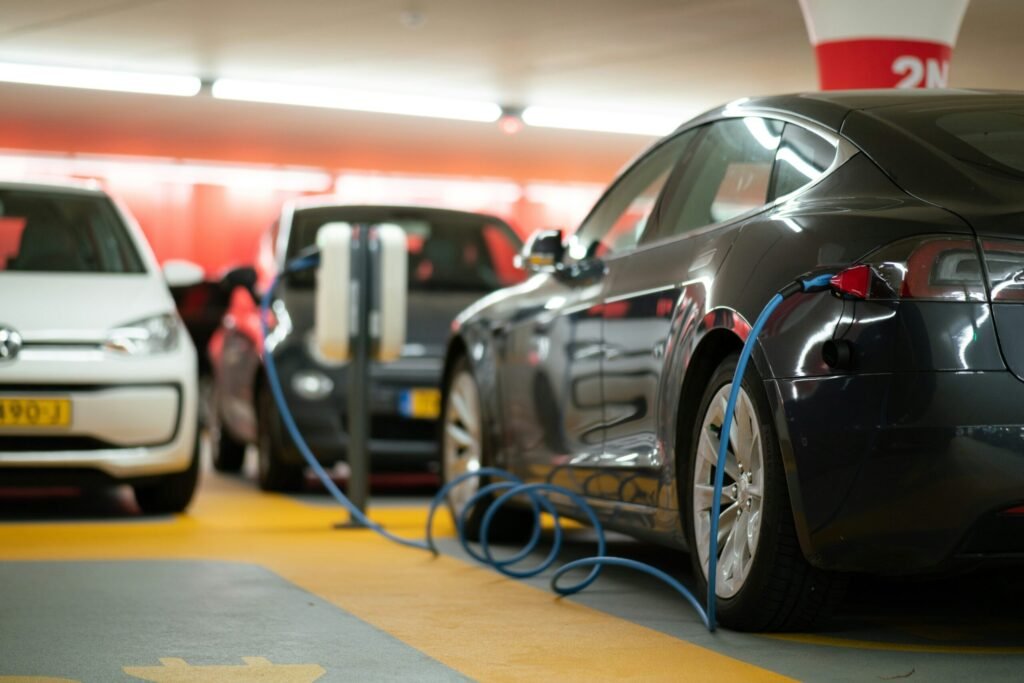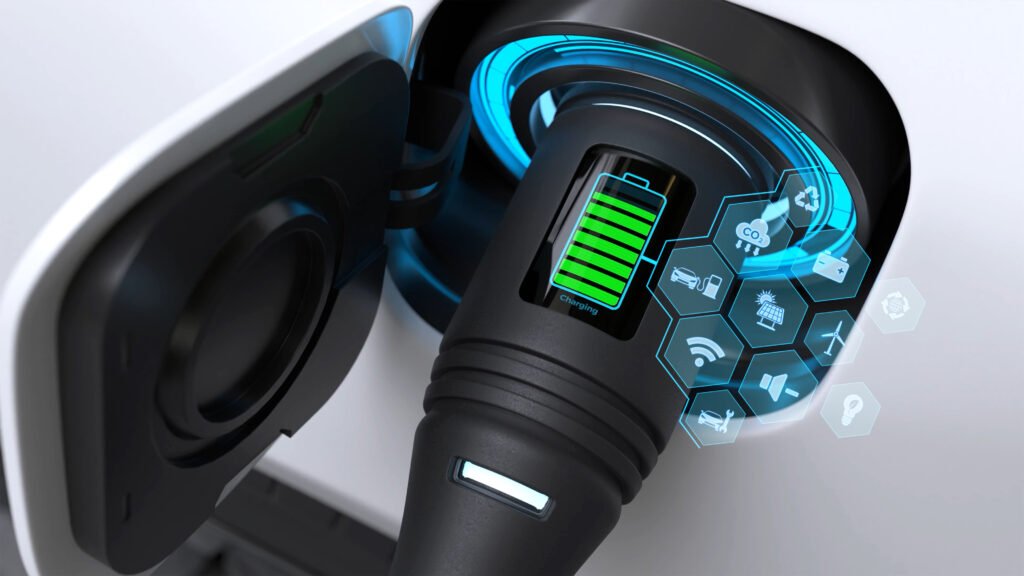How much does your electric bill go up with an electric car? As you consider switching to an electric vehicle (EV), one of the key concerns is the impact on your electric bill. Understanding the effect of EV charging on your utility costs is crucial for making an informed decision.
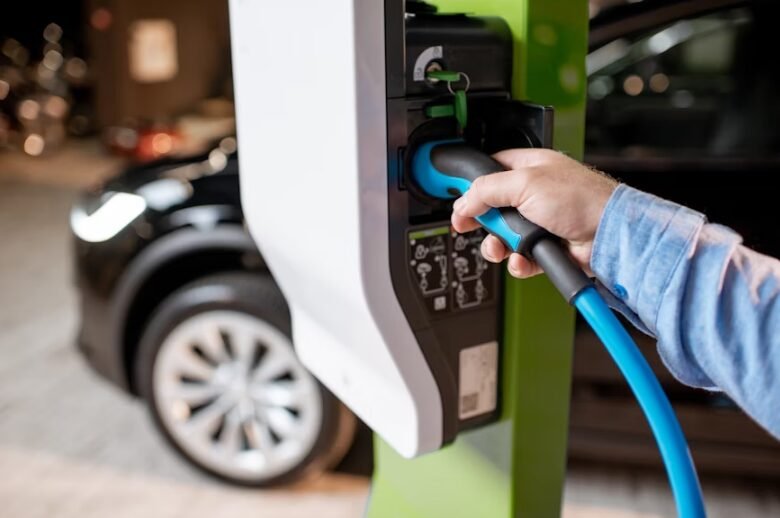
Charging an EV adds to your overall energy consumption, but the extent of the increase depends on several factors, including your driving habits, the type of EV you own, and your local electricity rates. By analyzing these factors, you can better estimate the electric vehicle operating expenses and plan your budget accordingly.
Key Takeaways
- EV charging increases your energy consumption.
- The impact on your electric bill depends on your driving habits and local electricity rates.
- Understanding your EV’s energy consumption helps in estimating operating expenses.
- Local incentives and electricity rates can significantly affect your overall costs.
- Proper planning can help manage the increased utility costs.
Factors Affecting Your Electric Bill with an EV
When you own an electric vehicle, several key factors influence how much your electric bill will increase. Understanding these elements can help you anticipate and manage your electricity costs more effectively.
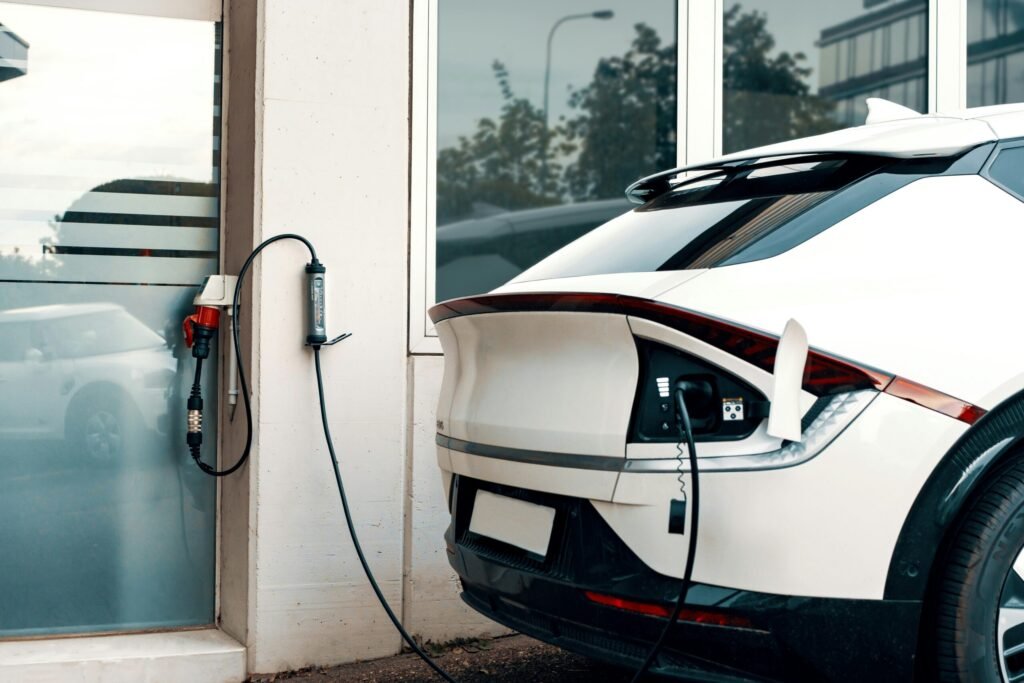
Electric Vehicle Battery Size and Efficiency
The size and efficiency of your EV’s battery play a significant role in determining your electricity consumption. Larger batteries consume more electricity, while more efficient batteries reduce overall energy consumption. For instance, a vehicle with a larger battery pack will generally have a higher electricity usage.
Your Driving Habits and Charging Frequency
Your driving habits, including how often you charge your vehicle, also significantly affect your electric bill. Frequent driving and charging will naturally lead to higher electricity costs. Conversely, conservative driving habits can help minimize the impact on your bill.
Local Electricity Rates
Local electricity rates vary widely and directly influence how much you pay for charging your EV. Understanding your local electricity rates can help you plan your charging schedule more cost-effectively.
How Much Does Your Electric Bill Go Up With an Electric Car?
As you consider switching to an electric vehicle, it’s essential to estimate the potential rise in your electric bill. Understanding the factors that influence this increase can help you make a more informed decision.
Average kWh Consumption for Popular EVs
Different electric vehicles have varying levels of energy consumption. For instance, the Tesla Model 3 consumes around 28 kWh per 100 miles, while the Audi e-tron SUV uses approximately 33 kWh per 100 miles. Knowing your vehicle’s efficiency is key to estimating your electric car charging expenses.
Calculating Your Monthly Charging Costs
To calculate your monthly charging costs, you need to know your vehicle’s kWh consumption per mile and your local electricity rate. For example, if your EV consumes 3 miles per kWh and you pay 12 cents per kWh, driving 1,000 miles a month would cost you around $40. This step is crucial for calculating electric car charging costs accurately.
Real-World Examples of Electric Bill Increases
Many EV owners report an increase in their electric bill ranging from $30 to $60 per month, depending on their driving habits and local electricity rates. For instance, a study found that households with EVs saw an average increase of $45 in their monthly electricity bills.
Strategies to Minimize EV Charging Costs
As an EV owner, you can significantly reduce your charging costs by implementing a few effective strategies. By optimizing your charging habits and leveraging available resources, you can enjoy the benefits of electric vehicle ownership while keeping your expenses in check.
Time-of-Use Rate Plans
One effective way to save on EV charging is by switching to Time-of-Use (TOU) rate plans. These plans offer lower electricity rates during off-peak hours, typically at night, when you’re likely to charge your vehicle. By charging during these times, you can significantly reduce your electric bill.
Home Charging Station Efficiency
Investing in an efficient home charging station can also help minimize your charging costs. Look for a charger that has a high charging efficiency rating, as it will consume less energy while charging your EV. This not only saves you money but also reduces the strain on your electrical system.
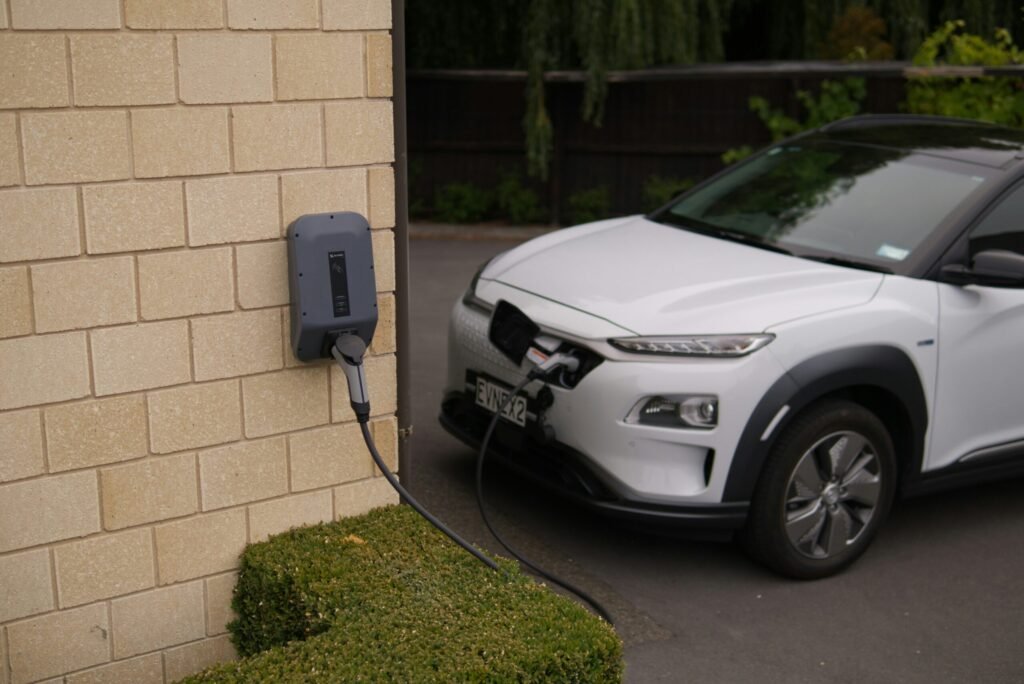
Public Charging Options
Utilizing public charging options strategically can further help manage your overall charging costs. Many public charging networks offer competitive pricing, and some even provide free charging. By combining home charging with public charging, you can optimize your charging expenses and enjoy electric car cost savings.
| Strategy | Description | Potential Savings |
|---|---|---|
| Time-of-Use Rate Plans | Charge during off-peak hours | Up to 50% |
| Efficient Home Charging | Use high-efficiency chargers | 10-20% |
| Public Charging | Utilize competitive public charging networks | Variable |
Comparing Total Cost: Electric vs. Gas Vehicles
To make an informed decision about choosing between an electric and a gas vehicle, it’s essential to compare their total operating expenses. When evaluating the total cost of ownership, several factors come into play.
Electricity Costs vs. Gasoline Expenses
One of the primary advantages of electric vehicles (EVs) is the lower cost of electricity compared to gasoline. Electricity costs are generally more stable and less volatile than gasoline prices, contributing to the cost-effectiveness of EVs. For instance, charging an EV can cost as little as $3 to $5 per 100 miles, whereas driving a gas-powered vehicle the same distance can cost around $12 to $15.

Maintenance Cost Differences
EVs typically require less maintenance than their gas-powered counterparts. They have fewer moving parts and don’t need oil changes, which can lead to significant savings over time. Studies have shown that EVs can save owners around $1,000 or more in maintenance costs over the vehicle’s lifetime.
Long-Term Savings Potential
When considering the long-term savings potential, EVs often come out on top. The combination of lower electricity costs and reduced maintenance expenses can result in substantial savings for EV owners. As you weigh the costs, remember that the initial purchase price is just one aspect of the total cost of ownership.
Conclusion
As you’ve seen, owning an electric vehicle can impact your electric bill, but the extent of this increase depends on several factors, including your driving habits, the efficiency of your EV, and local electricity rates.
By understanding these factors and implementing strategies to minimize charging costs, such as using time-of-use rate plans and optimizing your home charging station, you can make EV ownership more affordable.
When considering the switch to an electric vehicle, it’s essential to look at the total cost of ownership, including electricity costs versus gasoline expenses, and maintenance cost differences. This will help you make an informed decision about how much your electric bill will go up with an electric car and whether the long-term savings potential is right for you.
FAQ
How much does my electric bill go up with an electric car?
The increase in your electric bill depends on several factors, including the size and efficiency of your EV’s battery, your driving habits, and local electricity rates. On average, you can expect your electric bill to increase by $30 to $60 per month.
What are the average kWh consumption rates for popular electric vehicles?
Different EV models have varying energy consumption rates. For example, the Tesla Model 3 consumes around 26 kWh per 100 miles, while the Nissan Leaf consumes around 30 kWh per 100 miles. Understanding your EV’s kWh consumption rate helps you estimate your monthly charging costs.
How can I calculate my monthly electric car charging costs?
To calculate your monthly charging costs, you need to know your EV’s kWh consumption rate and your local electricity rates. You can then multiply the kWh consumption rate by the number of miles you drive per month and the electricity rate to get your estimated monthly charging costs.
What are Time-of-Use rate plans, and how can they help minimize EV charging costs?
Time-of-Use rate plans charge different electricity rates based on the time of day. By charging your EV during off-peak hours when rates are lower, you can significantly reduce your charging costs. Many utility companies offer Time-of-Use rate plans that can help you save money on your EV charging expenses.
How do electricity costs compare to gasoline expenses for electric vehicles?
Electricity costs are generally lower than gasoline expenses. Charging an EV can cost as little as $3 to $5 per 100 miles, while driving a gas-powered vehicle can cost around $12 to $15 per 100 miles. This difference in operating costs can lead to significant savings over time.
What are the maintenance cost differences between electric and gas vehicles?
EVs typically require less maintenance than gas vehicles. EVs have fewer moving parts, no oil changes are needed, and brake wear is reduced due to regenerative braking. These differences can lead to lower maintenance costs over the life of your vehicle.
How can I minimize my electric car charging expenses?
To minimize your EV charging expenses, consider using Time-of-Use rate plans, investing in an efficient home charging station, and utilizing public charging options strategically. By taking advantage of these strategies, you can reduce your overall charging costs and make EV ownership more economical.

